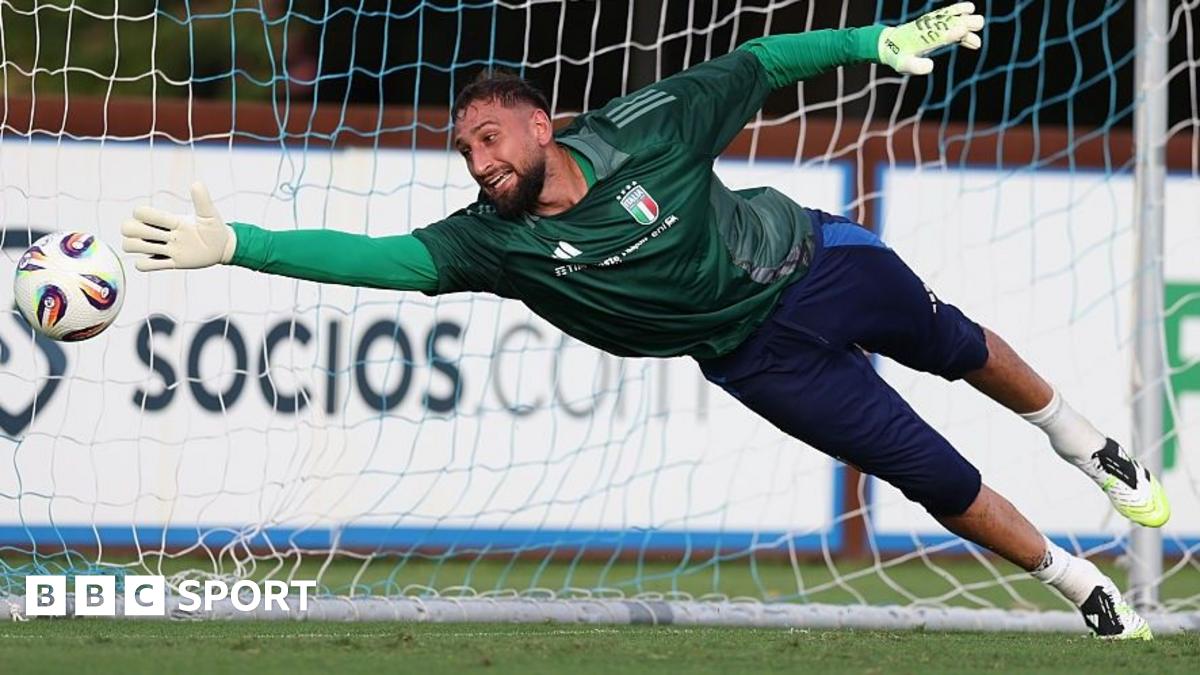EFL Transfer Updates: Spending, Free Agents, and Key Deals
Two can be. This year’s window offered a fascinating mix of record spending in some areas, thrifty free-agent pick-ups in others, and a scramble for last-minute deals that could define entire seasons.
This article dives deep into the EFL transfer updates, focusing on where the money was spent, the role of free agents, and the most significant deals across the divisions.
Championship: The Spending Powerhouse of the EFL
The Championship continues to live up to its billing as one of the most competitive leagues in world football. Clubs relegated from the Premier League wield significant parachute payments, giving them financial muscle beyond the reach of many rivals.
Big Money Moves
Leeds United, fresh from their relegation battle, invested heavily in strengthening their midfield. Reports suggest they spent close to £35 million on acquisitions, with a marquee signing in a young European playmaker tipped to be their creative spark.
Southampton also splashed the cash, securing a proven Premier League striker for £20 million to bolster their promotion bid.
Middlesbrough, meanwhile, spent £12 million on a highly rated defender from Ligue 1, underlining their intent to build a robust backline.
Free Agent Bargains
While big spending attracts the headlines, some clubs used the free agent market cleverly. Sheffield Wednesday and Birmingham City made shrewd moves, snapping up experienced campaigners who bring leadership and depth without hefty transfer fees.
League One: Smart Deals and Development
League One often serves as a proving ground for players on the way up or veterans looking to reestablish themselves.
Investment and Ambition
Bolton Wanderers pushed their budget to land a prolific striker from Scotland for £4 million, signaling clear ambition to push for the top two.
The Free Agent Market in League One
Clubs in League One lean heavily on free agents due to tighter budgets. This summer saw players with Championship and even Premier League experience dropping down the pyramid. Derby County snapped up a former top-flight defender on a free, while Charlton Athletic picked up a creative midfielder released by a Championship side.
League Two: Building on a Budget
At League Two level, financial sustainability is paramount. Clubs cannot risk reckless spending, but that doesn’t mean the transfer window lacks intrigue.
Notable Deals
Stockport County, one of the wealthier clubs in the division, invested significantly in a striker from the National League, paying a rare transfer fee of around £500,000.
Wrexham, backed by Hollywood owners Ryan Reynolds and Rob McElhenney, once again made waves by signing a proven EFL forward.
Free Agents Vital in League Two
In League Two, the free agent market is essential. Clubs like Grimsby Town and Colchester United leaned on released Championship youngsters, offering them a chance to play regular senior football. These deals are low-risk but can unearth hidden gems.
Transfer Spending: The Big Picture
When it comes to raw numbers, the Championship accounted for the lion’s share of EFL spending. Analysts estimate that:
Championship clubs spent around £180 million collectively.
League One clubs added approximately £35 million.
League Two clubs invested a modest £10 million, with most of that driven by the ambitions of clubs like Wrexham and Stockport.
These numbers underscore the growing financial disparity between the Championship and the divisions below.
Free Agents: The Unsung Heroes
While headline-grabbing fees dominate conversations, free agents often define seasons. Managers who can identify undervalued talent on the free market stand to benefit enormously.
Some of the best examples this window include:
Derby County’s defensive reinforcement, who could prove the difference in tight League One promotion battles.
Exeter City’s loan-to-free signing of a promising youngster, giving them quality without a transfer fee burden.
Free agents not only save money but also allow clubs to negotiate flexible contracts, giving them financial wiggle room.
Loans: A Key Transfer Mechanism
Premier League clubs often send out their brightest young prospects for development.
Crewe Alexandra, operating on a tight budget, took three loan players to strengthen their squad without major spending.
Loans allow smaller clubs to access talent they couldn’t otherwise afford, while top-tier teams gain valuable development opportunities for their youngsters.
Transfer Deadline Day Drama
Deadline day once again provided its share of late twists and turns.
What It Means for the Season Ahead
The true impact of these deals will only be revealed over the course of the season. However, a few themes stand out:
Promotion Battles Intensify
In the Championship, Leeds, Southampton, and Middlesbrough look best equipped to push for promotion.
In League One, Portsmouth and Bolton appear strongest on paper.
In League Two, Wrexham and Stockport’s spending will make them favorites.
Free Agents Could Be Season-Changers
Experienced free agents may prove the difference between survival and relegation for clubs like Birmingham City or Grimsby Town.
The Gap Between Divisions is Growing
The Championship is increasingly operating in a different financial world compared to League One and League Two, a trend that raises questions about long-term competitiveness.
Conclusion
The EFL transfer window once again highlighted the diverse strategies employed by clubs across England’s football pyramid. From big-money spending in the Championship to free-agent bargains in League One and League Two, the landscape is a fascinating mix of ambition, pragmatism, and calculated risk-taking.
As fans, pundits, and players alike turn their attention to the season ahead, the moves made in this transfer window will form the backdrop of every success story, promotion bid, and relegation battle. Whether it’s Leeds chasing a Premier League return, Portsmouth eyeing Championship football, or Wrexham continuing their Hollywood-backed charge, one thing is certain: the deals done this summer will shape the destiny of clubs across the EFL.



